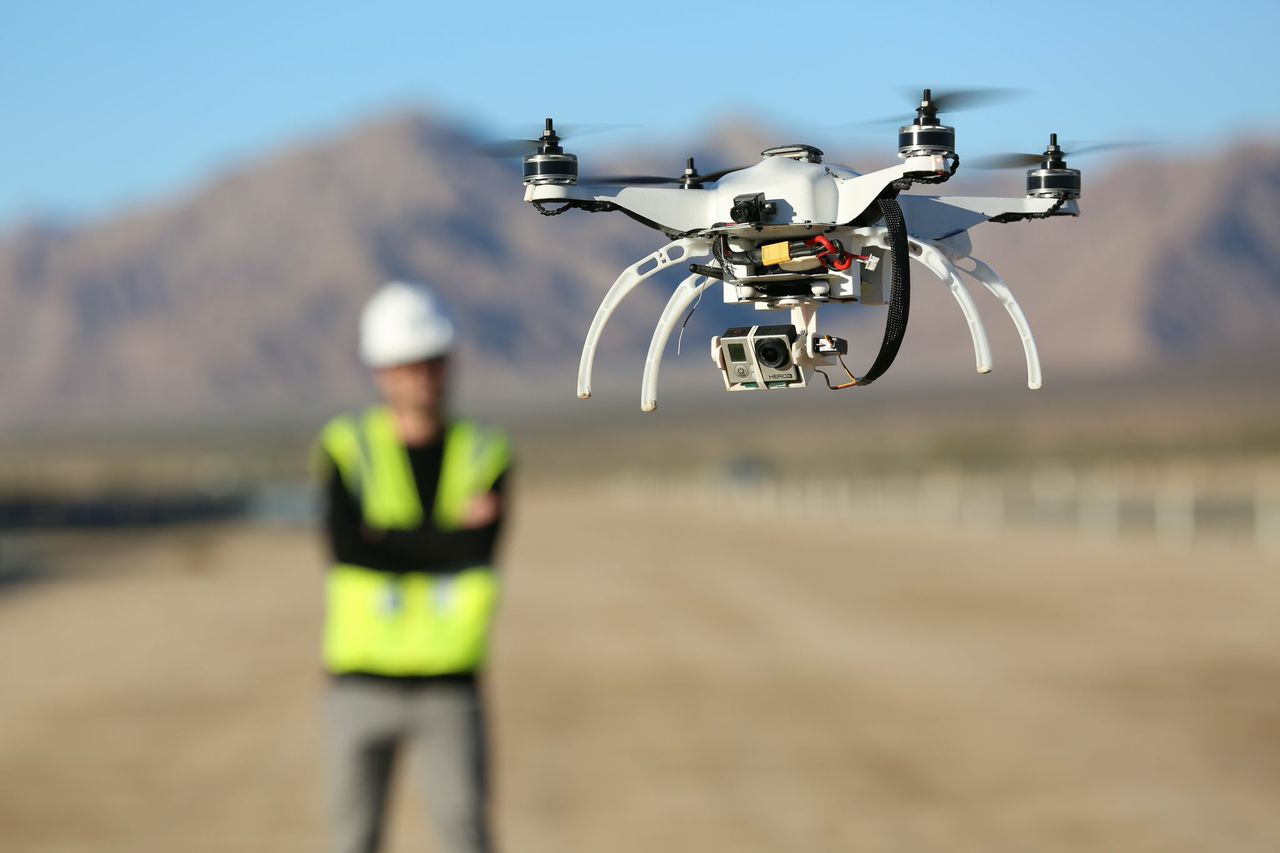Recently, drone surveying provides emerged as a new game-changer in the particular construction industry, ushering in a fresh era of productivity and precision. While construction projects grow in complexity and range, the demand with regard to innovative technologies that will streamline operations plus enhance data accuracy and reliability has never been more important. Drones, equipped with advanced mapping and imaging capabilities, will be transforming how surveyors gather data, assess sites, and manage projects, reshaping classic methodologies.
Drone technology is not just the passing trend; this is revolutionizing the way professionals inside the construction field work. With the potential to quickly capture high-resolution aerial imagery and produce comprehensive topographical maps, drones are proving to get indispensable tools. They offer insights that once was weeks to accumulate, permitting faster decision-making and improved task management. As many of us delve deeper in to the benefits of using drones intended for surveying, it turns into evident that this technological innovation is here in order to stay, and its impact on construction is only going to continue to increase.
Advantages and Applications associated with Drone Surveying

Drone surveying offers numerous benefits that are altering the construction business. To start with, drones considerably enhance accuracy plus precision in land surveys. Traditional surveying methods can end up being time-consuming and prone to human error, while drones use advanced imaging in addition to mapping technologies which provide high-resolution aerial files, ensuring that stakeholders have reliable data for decision-making. This elevated level associated with accuracy not just supports in planning plus design but likewise reduces costly problems which could arise after in the construction method.
Inside of addition to improved accuracy, the productivity of drone surveying is a game changer. Drones might cover large areas in a fraction involving the time it would take using regular surveying techniques. This rapid data series allows construction clubs to assess web sites quickly, leading to be able to faster project duration bound timelines and improved resource management. By dramatically reducing the quantity of fieldwork required, drones assist to streamline businesses, allowing teams to pay attention to critical tasks that will matter most in order to project success.
Furthermore, the applications of drone surveying extend over and above just construction. Drones being used in diverse areas such like agriculture, environmental checking, and disaster managing. For instance, gardening specialists utilize drones to assess plant health insurance and optimize produces, while environmental organizations monitor ecosystems plus track changes on land use. Within disaster recovery, drones provide vital aerial assessments that support in planning plus rebuilding efforts. The particular versatility of drone technology blurs the particular lines between companies, highlighting its crucial role in contemporary surveying practices.
Comparative Examination: Drones vs. Classic Surveying
Traditional surveying strategies often rely about ground-based equipment plus manual measurements, which often can be time-consuming and labor-intensive. Surveyors typically use equipment such as theodolites, total stations, and even leveling instruments, necessitating significant human insight for data series and analysis. Whilst these methods possess been proven trusted over time, they might be limited by tough terrain or environment conditions, and the scope of data insurance coverage is constrained simply by manpower and time available.
In contrast, drone surveying leverages advanced technology to capture huge parts of land rapidly and efficiently. Drones equipped with high-resolution digital cameras and LiDAR detectors can cover intensive sites in a fraction of the time it would take for classic methods. This functionality not only enhances the speed of information collection but in addition enhances the top quality of the information gathered, providing in depth topographic maps and volumetric measurements inaccessible by ground-based approaches alone. Drones will easily access hard-to-reach areas, which is why they are concidered particularly advantageous in sophisticated construction sites.
Moreover, typically the data analysis procedure differs significantly between two methods. Classic surveying often consists of manual input in addition to computations, which may introduce potential problems and delays. Drone surveys generate huge amounts of information that can be refined quickly using specialized software, allowing for rapid decision-making and even improved project administration. This efficiency means to cost personal savings and enhanced production, highlighting why drone surveying is more and more favored in modern construction and land surveying projects.
Future Developments in Drone Surveying
Because technology continues in order to evolve, drone surveying is set to get even more superior with advancements inside of artificial intelligence and machine learning. These kinds of technologies will permit drones to procedure data in current, allowing for quicker decision-making on construction internet sites. Automation in drone operations will also increase, making it easier in order to conduct surveys without extensive human involvement, thus enhancing effectiveness and safety in the field.
An additional significant trend may be the integration of drones with other rising technologies such because Building Information Modeling (BIM) and Geographic Information Systems (GIS). This integration can provide comprehensive files analysis, leading to be able to a more seamless work flow in construction tasks. Drones equipped along with advanced sensors may capture high-resolution pictures and 3D routes, feeding into systems that can simulate construction processes in addition to predict potential issues before they arise.
Last but not least, as regulations surrounding drone usage always evolve, we can certainly expect increased convenience for smaller businesses and individual surveyors to leverage drone technology. This democratization of drone surveying will drive advancement and competition, in the end improving service high quality across the business. With on go ing developments, drone surveying will be poised to turn into a standard practice, enhancing accuracy and even reducing costs for construction projects worldwide.
